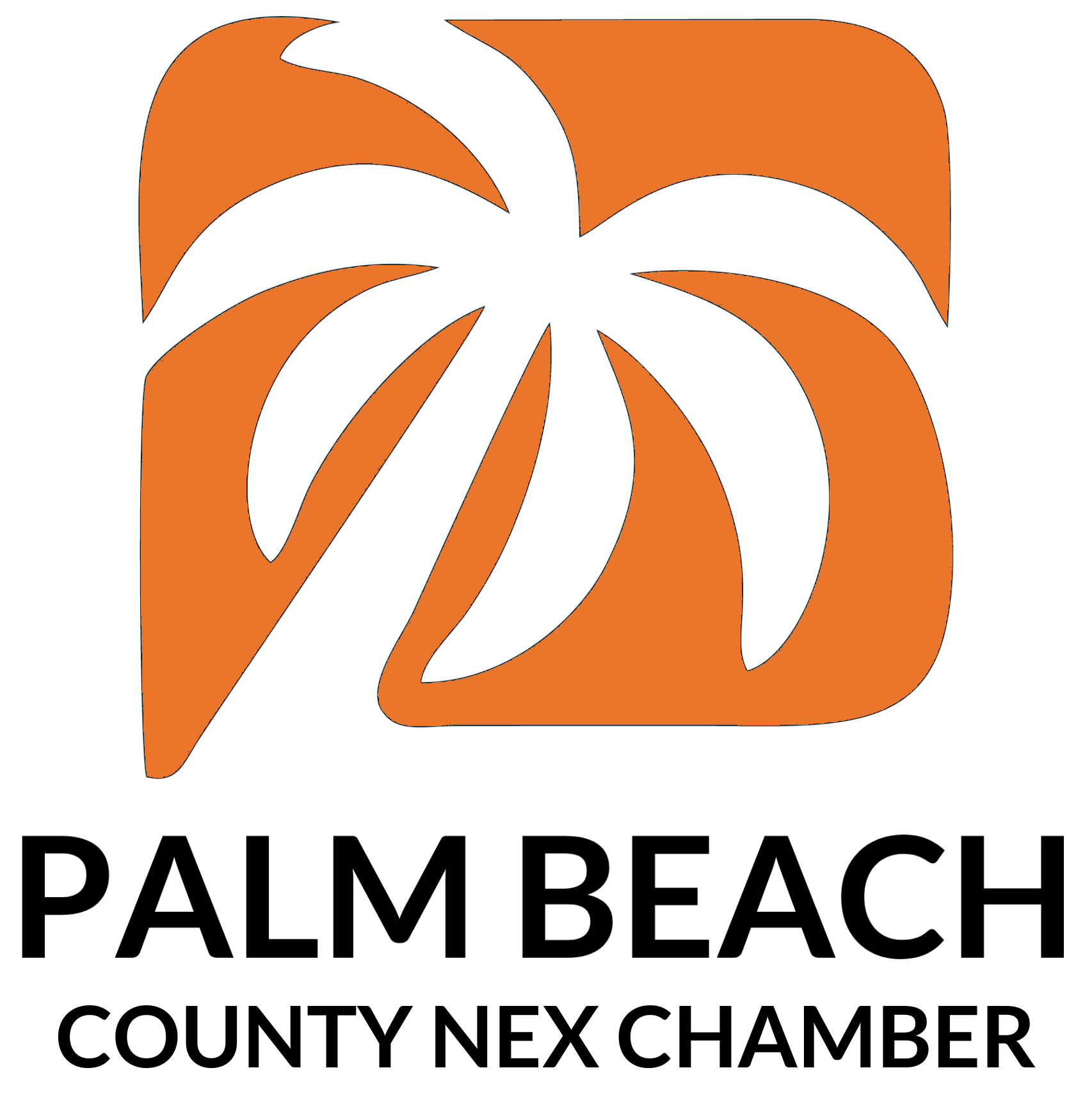¿La banca infinita es demasiado buena para ser verdad? Un desglose honesto
El término banca infinita ha ganado atención en el mundo financiero, pero ¿qué significa realmente? Más importante aún, ¿es la panacea financiera que algunos afirman, o simplemente un concepto sobre-exagerado? Este artículo proporciona un desglose honesto de la banca infinita, ayudándote a decidir si es la opción correcta para tu estrategia financiera.
Entendiendo el Concepto de Banca Infinita
En esencia, la banca infinita es una estrategia que utiliza un Póliza de seguro de vida integral especialmente diseñada como un sistema bancario personal. Al construir valor en efectivo dentro de la póliza, puede pedir prestado contra ella, de manera efectiva convertirte en tu propio banquero.
Los fundamentos de la banca infinita
La banca infinita comienza con un póliza de seguro de vida entera, que difiere del seguro a término:
- Cobertura de por vida: Las pólizas de toda la vida duran toda tu vida, permitiendo que el valor en efectivo se acumule de manera constante.
- Asignación de primas: Parte de su prima crece como valor en efectivo, componiéndose con el tiempo.
- Depósito financiero: Se puede acceder al valor acumulado en efectivo a través de préstamos de póliza.
Convertirse en su propio banquero
La banca infinita permite a los asegurados financiar gastos, como compras de propiedades, educación o inversiones, sin depender de los bancos. Cuando pagas los préstamos de la póliza, los intereses mejora el valor en efectivo de su póliza en lugar de ir a un tercero, creando un ciclo financiero autorreforzable.
Las ventajas de la banca infinita
1. Flexibilidad y control financiero
- Acceda a fondos sin verificaciones crediticias ni aprobaciones prolongadas.
- Adapte los calendarios de amortización a su situación financiera.
- Actuar con independencia de las instituciones financieras tradicionales.
2. Ventajas fiscales y creación de riqueza
- El crecimiento del valor en efectivo es impuestos diferidos.
- Los beneficios por muerte pueden pasarse a los beneficiarios libre de impuestos.
- Permite la planificación patrimonial estratégica y la acumulación de riqueza a largo plazo.
3. Crecimiento Consistente y Seguridad Financiera
- La tasa de retorno garantizada sobre el valor en efectivo ofrece estabilidad.
- Proporciona una cobertura contra la inflación y la volatilidad del mercado.
- Crea un crecimiento predecible y de bajo riesgo para la planificación a largo plazo.
Los contras de la banca infinita
1. Altos costos iniciales y compromiso
- Las primas de toda la vida son más altas que los seguros a plazo.
- La acumulación de valor en efectivo puede tardar varios años antes de que se vuelva sustancial.
2. Complejidad y curva de aprendizaje
- Requiere comprensión del seguro de vida, las tasas de interés y la gestión financiera.
- La mala administración o la falta de orientación pueden reducir la eficacia.
3. Costo de oportunidad
- El endeudamiento contra su póliza puede limitar los rendimientos potenciales más altos de otras inversiones.
- Inmovilizar fondos en una póliza de por vida puede reducir la flexibilidad en la búsqueda de oportunidades de mayor crecimiento.
¿Es Infinite Banking adecuado para usted?
Evalúe su situación financiera
- Asegúrese de tener el flujo de efectivo para soportar primas más altas.
- Evalúe su preparación para el compromiso a largo plazo y las contribuciones constantes.
Aclara tus metas financieras
- ¿Busca ventajas fiscales, crecimiento constante u opciones flexibles de financiamiento?
- Alinee la estrategia con su plan financiero más amplio para maximizar los beneficios.
Busque orientación profesional
- Consulta a un asesor financiero con experiencia en banca infinita.
- El asesoramiento personalizado asegura la alineación con sus metas y tolerancia al riesgo.
Ejemplos de la vida real
Financiamiento de una empresa empresarial
Un empresario tomó prestado contra el valor en efectivo de una póliza de toda la vida para financiar su startup. Esto evitó los préstamos tradicionales y retuvo el control, mientras que los pagos de intereses fortalecieron la política.
Financiamiento de la educación sin deuda
Una familia utilizó la banca infinita para cubrir la matrícula universitaria, evitando los préstamos estudiantiles mientras se beneficiaba del crecimiento con impuestos diferidos y la acumulación de valor en efectivo.
Inversión Inmobiliaria
Un inversionista aprovechó el valor en efectivo de la póliza para financiar compras de propiedades, lo que permitió una entrada rápida al mercado y el crecimiento simultáneo de activos inmobiliarios y de seguros.
Conclusión
La banca infinita es una poderosa herramienta financiera para aquellos preparados para sus complejidades. Ofrece:
- Flexibilidad financiera
- Ventajas fiscales
- Crecimiento predecible
Sin embargo, también requiere:
- Mayores costos iniciales
- Compromiso a largo plazo
- Conocimiento de los costos de oportunidad
En última instancia, si la banca infinita es “demasiado buena para ser verdad” depende de su situación financiera individual, metas y compromiso. Al comprender los pros, los contras y su propio panorama financiero, puede tomar una decisión informada sobre si esta estrategia se alinea con sus objetivos.
.png)





.png)

